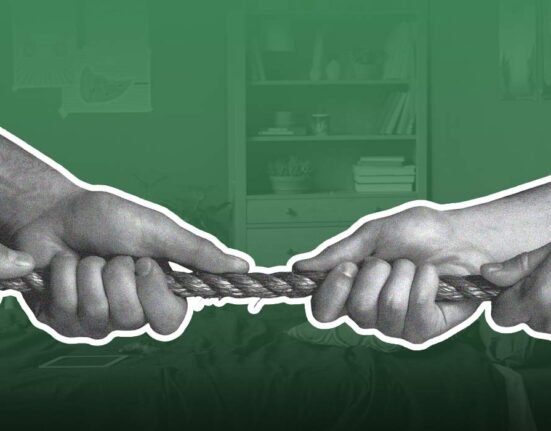Do you ever look at your friend’s parents or your cool uncle or aunt and wonder why your parents cannot be more like them? Have you ever wondered why some parents set strict rules while others adopt a more relaxed approach? Well, the answer lies in the diverse cultural backgrounds that shape our parenting styles. Parenting styles vary greatly from one culture to another, and it’s essential to understand and appreciate these differences. Today, let’s explore various cultural differences in parenting practices and unravel the intriguing ways in which different cultures raise their children.
How Does Culture Influence Parenting?
From cultural values and beliefs to traditions and societal norms, we’ll explore how these factors influence parenting styles and approaches. Culture weaves its threads into every aspect of parenting, shaping styles and approaches. The cultural beliefs and customs passed down through the generations actively influence parenting in India.
The concepts of filial piety, respect for elders, and joint family systems hold significant importance. Parents in India often emphasize maintaining strong family ties and honouring traditions, even in the face of modernization. These traits are classic of a country that is collectivistic in nature. While the world around us changes rapidly, these traditional roots somehow, somewhere continue to shape parenting practices, providing a solid foundation for raising children. It should not be surprising that parents from different cultures have extremely distinct parenting styles. Understanding this cultural paradox provides insight into the many parenting styles used worldwide.
In collectivist cultures, such as India, the emphasis is on group harmony, interdependence, and the greater good of the community. In these cultures, parenting practises frequently place the demands of the family and community before those of the individual. On the other hand, individualistic cultures place more value on autonomy, independence, and self-expression. Naturally, none of these parenting strategies is wrong. They simply differ and are culturally specific, and each may have benefits. Let’s take a look at some:
Looking At Parenting Around The World
Welcome to the fascinating world of parenting styles, let’s take a look at what goes on around the world.
- Even in the coldest winters, infants in Norway and other Scandinavian nations are wrapped warmly and take naps outside in strollers because they value fresh air so highly. In Denmark, parents frequently leave their strollers parked on the sidewalk with their infants while they dine at a restaurant.
- Now even if this seems surprising, children in Italy are normally allowed to taste alcohol or wine with the rest of their family during meals. Even though most of Europe’s nations have an 18-year-old drinking limit, having a drink while being supervised by family is not seen to be a problem. Even if the custom is evolving, it is still possible to observe young people drinking with their families.
- In French schools, lunchtime is allotted a minimum of 30 minutes. Lunchtime is seen as a way to be social and try new meals. Slowing down and savouring meals is vital, according to French parents.
- Children in Japan often start learning about responsibility and self-control at a young age. They take part in “cleaning time” at school and at home when they are in charge of maintaining a tidy environment. There, small children are observed utilising public transport on their own. Giving young children the resources they require to explore the world on their own is of the utmost importance in the eyes of parents.
- Brazilian parents view physical touch and affection as an essential components of nurturing. Hugging, kissing, and other displays of affection between parents and children serve to strengthen their emotional bonds.
- Parents in Hong Kong, India, and Taiwan put their children to bed at about 10:00 p.m., while those in New Zealand and Australia put them to bed at 7:30 p.m.
How Does It Have An Impact?
With these different styles, come different ways in which a child develops!
Authoritarian parenting may be more common in particular cultures, such as some Asian and African ones. In these societies, parents frequently stress respect for authority, acceptance of rules, and conformity. Although this parenting approach can encourage order and discipline, it may also impede kids’ creativity, independence, and decision-making skills.
Permissive parenting may be seen in certain Western societies, including the United States. Parents in these cultures place a high value on their kids’ independence and uniqueness, giving them more flexibility in decision-making and self-expression. While this method can boost self-esteem and creativity, it can also make it difficult to control oneself and set boundaries.
Furthermore, cultural contexts can differ between locations and communities and they constantly change. Culture-based parenting practices interact with other elements like socioeconomic status, education, and personal views. What’s important is that culture can greatly impact how you turn out to be as an adult.













Leave feedback about this